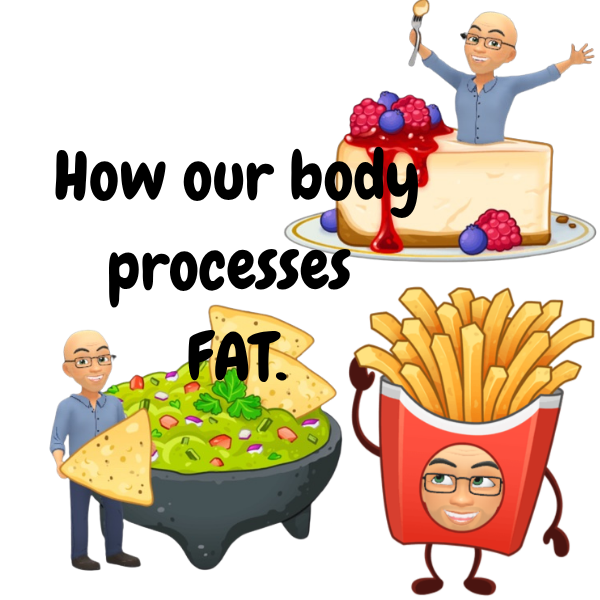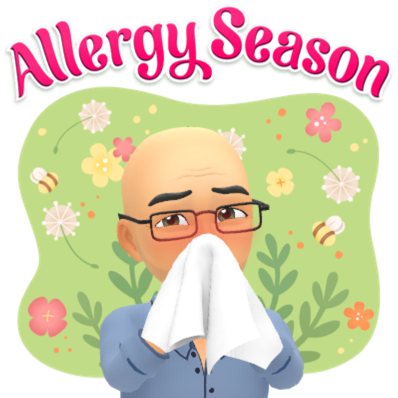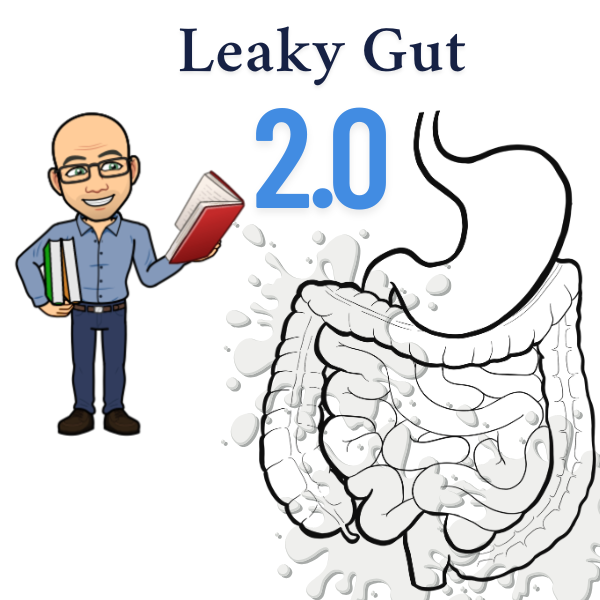So are you?

How often have you been asked, "Are you fragile"? Probably never, but the question is something to ponder as you begin aging. If you look at the definition of the word fragile, Merriam-Webster's dictionary says that it means
1) easily broken or destroyed or
2) constitutionally delicate: lacking in vigor. The second definition would be the one we will discuss in today's article. I am confident that nobody wants to be tagged with the label "delicate or lacking vigor," so I will discuss ways to help you avoid that label.
Last week, I briefly touched on longevity, which goes hand in hand with frailty. Muscle mass is a considerable part of this conversation, as the more muscle we lose, the more fragile we become. Muscle loss over time is referred to as sarcopenia, and the best way to avoid this is with resistance or weight training and protein intake. The older people get, the less they eat, and getting enough protein in the diet becomes challenging. The protocol to help reduce muscle loss when a person is not getting enough protein in their diet includes branched-chain amino acids, vitamin D, and Taurine.
Balance is another hallmark of being fragile. In the Brazilian study, 2002 men and women ages 51 to 80 were followed for an average of 6.3 years, and those who needed to use both hands and knees to get up and down Participants performed a sitting-rising test (SRT) to and from the floor, which was scored from 0 to 5, with one point being subtracted from 5 for each support used (hand/knee). Each unit increase in SRT score conferred a 21% improvement in survival.
Participants were almost seven times more likely to die within six years than those who could spring up and down without support. Musculoskeletal fitness, as assessed by SRT, was a significant predictor of mortality in 51-80-year-old subjects, and it turns out, is very important.
How does one improve their ability to get up off the floor? Four easy exercises can help the process:
- Squats – Squats help to increase leg strength and improve hip flexibility.
- Push Ups – Pushing yourself off the ground improves upper body, trunk, and core strength, all necessary for getting up off the floor.
- Contralateral limb raises – This is very similar if you have ever laid on your stomach and made a Superman move. Only use one arm and the opposite leg, lifting in unison. This builds core and back strength
- Glute activation lunge - Lunges are great for building leg strength, and this lunge's twisting motion helps strengthen the core.
Another paper was published in a JAMA journal titled "Association of Daily Step Patterns With Mortality in US Adults ."In this cohort study of US adults, the number of days per week taking 8000 steps or more was associated with a lower risk of all-cause and cardiovascular mortality. These findings suggest that individuals may receive substantial health benefits by walking a few days a week.
Creating a routine incorporating walking or simple exercises is integral to the healthy aging process. These two points are relatively straightforward, yet the results speak for themselves regarding their benefits.
Another area to consider as we advance in age is our spiritual life and the mark we want to leave on society. I recently had the opportunity to visit with one of my favorite priests and closest friends, Fr. Russ Kovash. In our conversation, I asked him for advice on how to become more holy. Another thought that isn't considered often enough but one that, as you age, starts to creep into your thinking. He seemed excited for me to ask him the question and gave me great resources and advice.
One of the resources was a book called "No Regrets," which advises on how to live the last quarter of your life intentionally. The book is a story of one person's journey and how she planned to live the previous quarter. It is very thought-provoking and is helping in the process of what that will look like for me.
The last piece of advice my good friend left me to ponder was being reckless with my generosity. If we think about stewardship and the ability to give our time, talent, and treasure, this could look different to everyone. I will examine my goals on how to do this and keep you updated on my progress.
Thinking back to the initial question, "Are you fragile"? Some of my buddies in the day might have thought I was, but my goal is to try my best not to let that happen as I continue aging.
Thanks for allowing me to share alternative thoughts and ideas in this weekly publication. I am humbled by the number of people it reaches, and I ask each of you to share it with a friend if you think it is worthy.
If you would like a different look at how to address chronic disease and illness, stop by or call the pharmacy 701-483-4858. Please visit my website at www.irsfeldpharmacy.com to find this and other archived articles in the blog section.
Until next time, be vigilant about your health!












Share On: